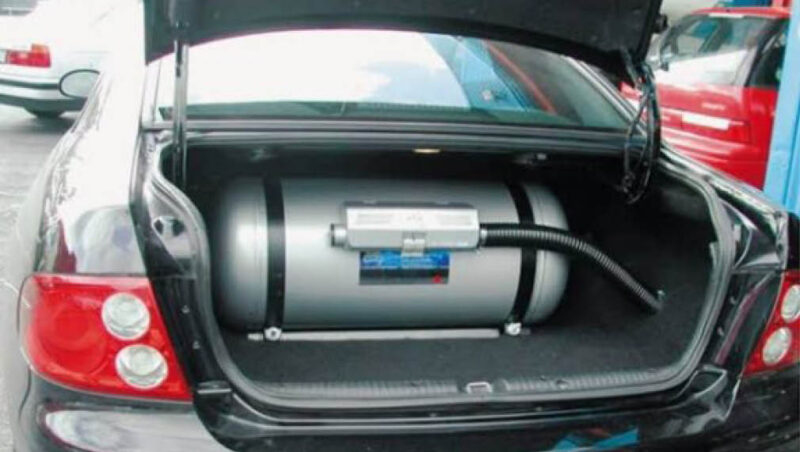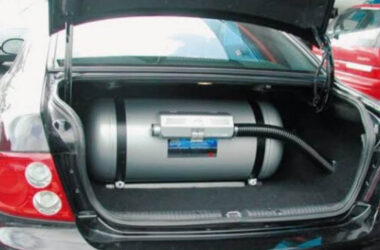The Nigerian Midstream and Downstream Petroleum Regulatory Authority (NMDPRA), the country has achieved a remarkable 2,500% increase in its Compressed Natural Gas (CNG) conversion capacity in 2024.
This was revealed by the Authority Chief Executive, Farouk Ahmed, during the inaugural Petroleum Industry Stakeholders’ Forum in Abuja, hosted by the Ministry of Petroleum Resources.
The milestone comes as part of the NMDPRA’s efforts to support the Presidential Compressed Natural Gas Initiative (PCNGI).
Mr. Ahmed explained that the initiative spurred the establishment of 186 new CNG conversion centers across Nigeria, significantly boosting the country’s ability to transition vehicles to CNG.
He stated, “The NMDPRA will continue to collaborate with the PCNGI to ensure deployment of CNG infrastructure in major cities of Lagos and Abuja, up to 100,000 conversions, while collaborating with states to develop Nigeria Gas Vehicles (NGVs) in other areas.
“The development of CNG as a viable alternative to petrol has been incentivised.
“These conversions alongside new buys have raised the Nigerian gas vehicle population to an estimated 30,000 to 50,000 vehicles and trucks, and it continues to grow daily.
“With over 400 million dollars attracted for investment in 86 and 65 new daughters and mother stations under construction, respectively, Nigeria’s refuelling capacity has therefore risen from 20 to 56,” he said.
Ahmed said that the collaboration between PCNGI, NMDPRA, and the Standards Organisation of Nigeria (SON) led to the development of standards and the NGV Monitoring System expected to be inaugurated this year.
“The NMDPRA also collaborates with the SON, the National Automotive Design and Development Council (NADDC), and the National Institute of Transportation Technology (NITT) in ensuring that our mobility CNG growth is achieved in a safe and sustainable manner,” he said.
Despite these successes, challenges remain. Ahmed cited issues such as unauthorized establishment of petroleum handling facilities, poor cooperation for open access to facilities, and limited compliance with regulatory standards. He urged industry players to adhere to the provisions of the Petroleum Industry Act (PIA) to promote safety, efficiency, and community participation.
As Nigeria moves into 2025, the NMDPRA plans to build on its achievements by enhancing regulatory oversight, upgrading laboratories for product quality analysis, and improving inter-agency collaborations.
“We implore the industry to adhere to all regulatory requirements, especially as they relate to safety, efficiency, best practices, sustainability, consumer protection, and community participation.
“As we progress into 2025, the NMDPRA will continue to consolidate on its successes for enhanced regulatory oversight.
“This will include the upgrade of our laboratories for enhanced product quality analysis and referencing, inter-agency collaborations, automation, and sustainability in the industry,” Ahmed said. (NAN)










